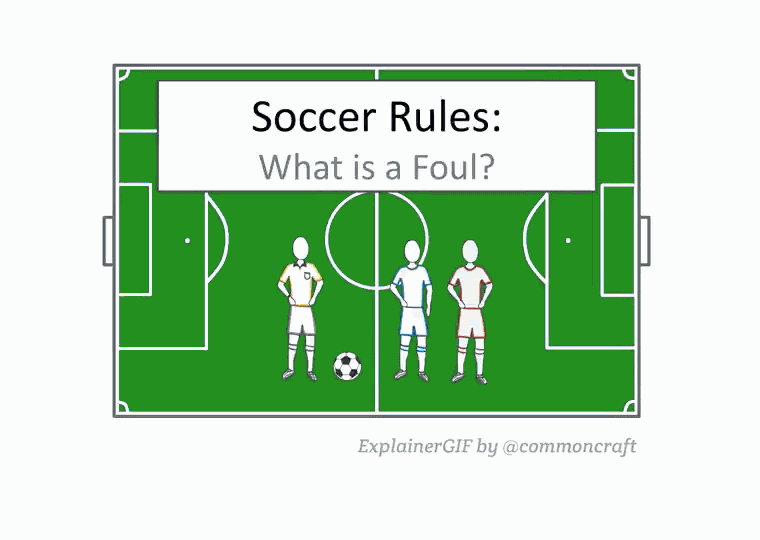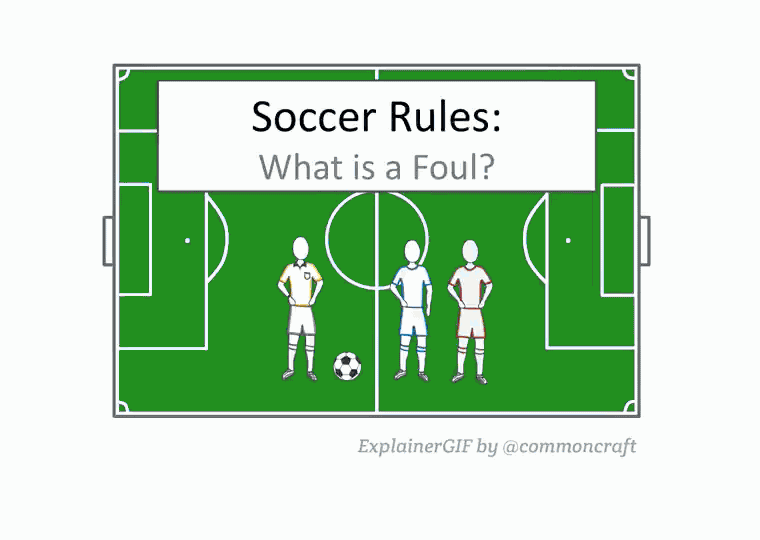Guide entry section:
Image:

Guide Entry Text:
The job of a referee can be a difficult one.
Referees make split-second decisions based on their judgment and intepretation of the laws of the game. They call fouls on the action they see live, and without any support from instant replay. Fouling usually involves player-on-player contact and can result in free kicks.
What is a Foul (0:49)?
poster image:

Guide Entry Text:
Game Changers
When an offensive player is fouled inside the penalty area, it results in a penalty kick for the offense. Because penalty kicks often result in goals scored, these kinds of fouls can be game-changing events.
Most fouls result in free kicks that simply change possession from one team to another. But there are "bad fouls" that can alter the match in fundamental ways. When a foul is violent and/or dangerous to another player, for instance, the referee may show a red card and eject the player from the match. This is a game changer because the ejected player's team will have to continue with one fewer player.
To Review:
- The job of the referee is to protect players and ensure fair play. Calling fouls is one way the referee discourages unsafe and unfair play.
- Fouls usually involve player-on-player contact.
- When contact is reckless or unnecessary, a foul will be called.
- When two players go for the ball, the referee may consider if the player was going for the ball or the opposing player. If the tackling player touches the opposing player before the ball, a foul may be called.
- Fouls can result in free kicks and penalty kicks.
- Fouls are based on referee judgment.
